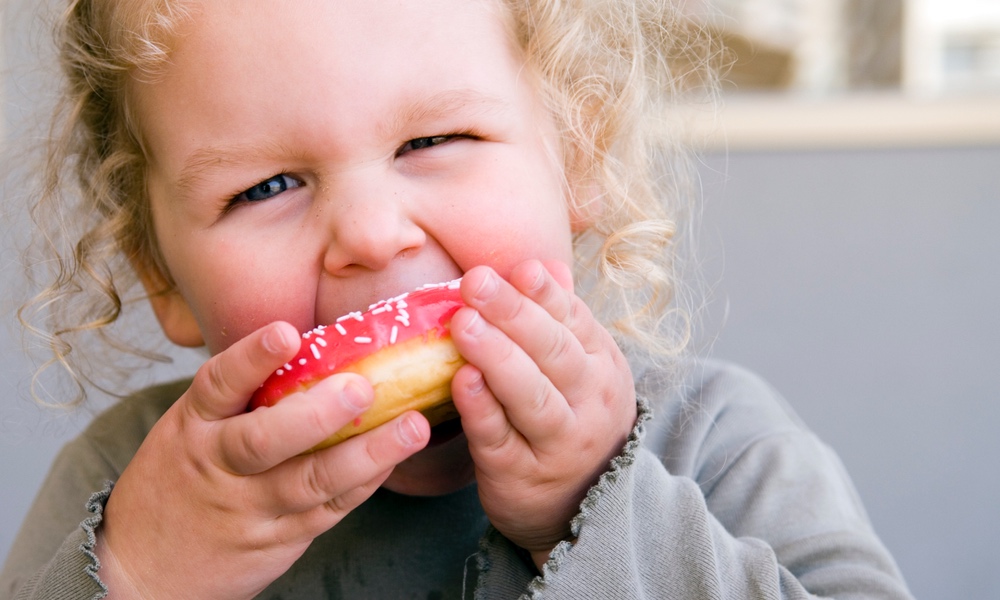More than 12 million kids under the age of five spend some time each week in daycare where the food served is often carefully chosen for its nutritional value.
That changed when parents or caregivers pick up their little ones. At that moment a recent study found, they're more likely to hand over the least healthy, most processed, and calorie-packed snack foods of the day. If you have young ones in daycare, you can probably relate.“Children of preschool age are in a highly habit-forming time of their lives...[they] look forward to the car ride home, which makes that time an opportunity to start a healthy snacking habit that could last a lifetime.”
“Every parent knows how busy that time of day can feel. Parents can feel stressed, the kids may be cranky, hungry, or tired. There's nothing wrong with treats once in a while,” the study's senior author, Kristen Copeland, an attending physician at Cincinnati Children's Hospital and a professor at the University of Cincinnati's department of pediatrics, said in a news release.
To get a picture of how widespread this problem is, the research team took another look at data from the daily food journals kept by more than 300 families whose children attended 30 daycare centers that participated in a 2009-2011 Preschool Eating and Activity Study.
The hour after parents and caregivers picked up their kids from daycare stood out as a high-calorie, less healthy part of the little one's diet — and by a striking amount — the team found.
While it's recommended that most children in this age group consume between 1,000 and 1,400 calories a day, these kids, aged 3 to 5, consumed more than 1,471 calories across the entire day. Of this amount, 290 calories, on average, were consumed in the hour after leaving daycare. That's about 20 percent of the day's calorie intake.
There is additional concern beyond just calories. After-care food and drink accounted for about 22 percent of the day's added sugar and about one-third of the sweet and salty snack foods the children ate.
One way to do it is to prepare in advance healthy snacks made of “real”, unprocessed foods.
Instead of handing kids a bag of chips or making quick trips through the fast-food drive-thru, consider packing small snack containers with:
- raw veggie sticks
- cheese chunks or slices
- fruit slices, including dried fruit
- soft roasted chickpeas
- homemade chicken nuggets
- pita bread with smashed avocado
- rice cakes with cream cheese
Also make it a point to switch out sugary drinks with water or milk.
Want more healthy snack suggestions? Try the U.S. Government's Office of Disease Prevention and Health Promotion (OASH) website for more healthy snack ideas for your toddler.
The study is published in the journal, Children's Health Care.





